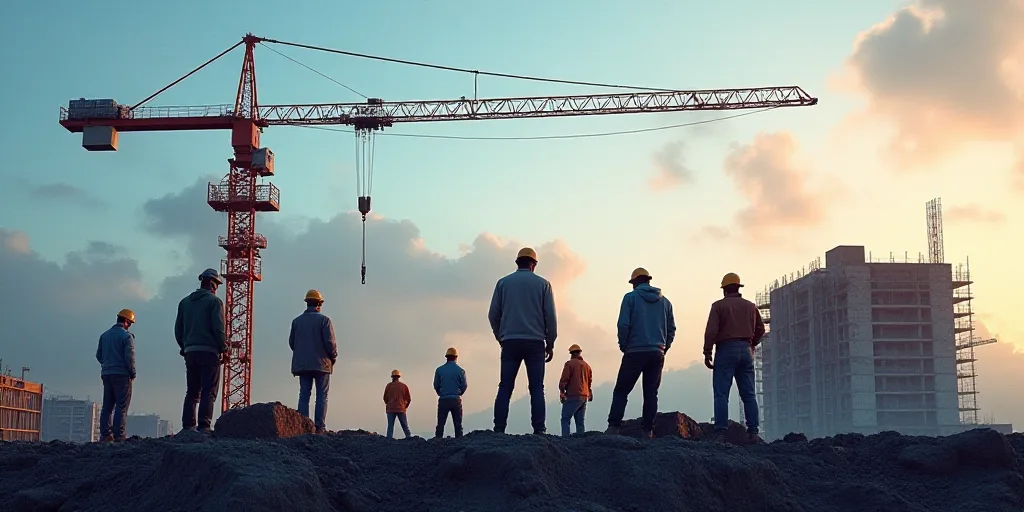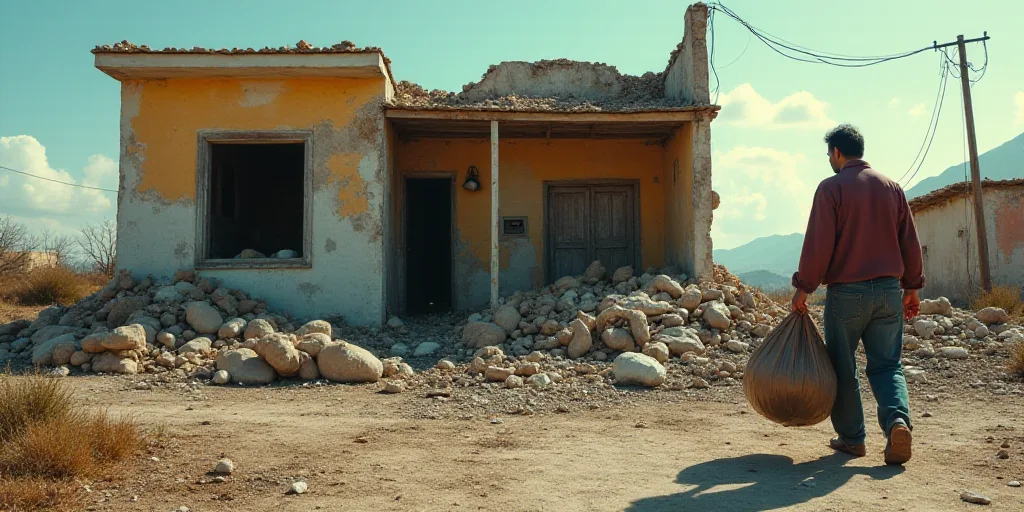10 years ago, 193 countries agreed on the Agenda 2030, setting goals to tackle global challenges. However, there is a need for increased commitment in building sustainable infrastructure to enhance resilience against current economic, social and environmental phenomena.
Giuseppe Mancinelli, UNOPS’s Deputy Director for Latin America and the Caribbean, explained that infrastructure systems are linked to 92% of the 169 Sustainable Development Goals (SDGs).
Level Playing Field for Private Sector
UNOPS believes that one key principle to maximize the profitability and sustainable value of infrastructure projects is opening up competition in the private sector with “equal opportunities” in bidding.
“It’s clear that the public sector, due to the size of the country and strategic projects, doesn’t have the financial capacity for construction works. Competition among privates through transparent tenders allows better prices, reduces risks, and generates collective impact with better resource management,” Mancinelli stated.
Agreement on Sustainable Infrastructure
As a result of the meeting, the Colegio de Ingenieros Civiles de México (CICM) and UNOPS signed a Memorandum of Understanding to strengthen cooperation and enhance sustainable infrastructure in Mexico.
Both organizations aim for collaboration in innovation and technology that enable actions in areas like climate change, efficiency in construction times and costs, and compliance with quality standards.
“Lack of investment limits access to essential services like clean water, sanitation, electricity, and efficient transport. Rapid urbanization and climate change demand innovative and resilient solutions,” said Mauricio Jessurun Solomou, CICM President.



